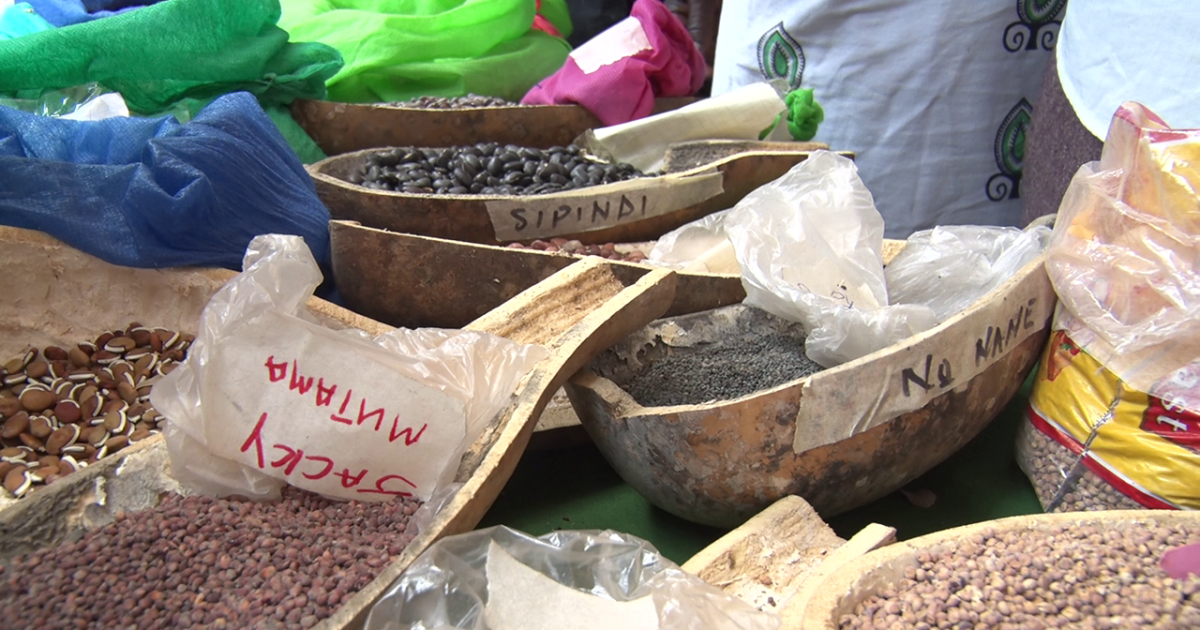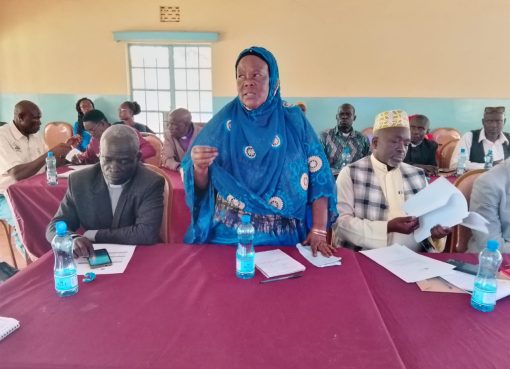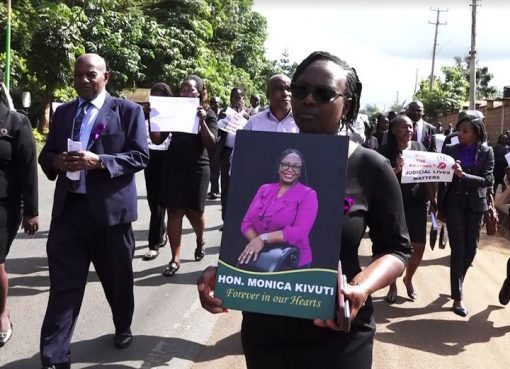Seed Savers Network is working with smallholder farmers to trace and preserve indigenous seeds at risk of extinction and reintroduce them to farms in Kenya while promoting traditional farming practices devoid of pesticides.
Once identified, the seeds are then preserved in seed and gene banks where farmers can access them during planting season.
During harvest season, farmers will be required to take back some of the seeds from the harvested crops to store in the seed and gene banks with their names coded for identification and traceability.
The seedbanks have been established in villages close to farmers across Kenya. The Network has established 51 Community Seedbanks and Gene-banks.
It has a registered farmer base of 60 000 members countrywide with headquarters in Gilgil and spread across Vihiga, Baringo and Kakamega counties. In Kakamega the network has registered 500 farmers with a presence in four sub counties of Mumias West, Navakholo, Butere and Mumias East.
Occasionally, the Network hosts farmers who are its members to a seed fair both physically and virtually, where they showcase the different varieties of seeds, learn about and even sell some of them.
SeedSavers Network Programme Officer for Kakamega Mercy Ambani says the seed banks are used to preserve seeds from indigenous leafy vegetables, cereals, indigenous trees and gene banks are used for preserving vegetative propagated materials for indigenous crops such as Sugarcane, Yams, Arrow Roots, Cassava, Sweet potatoes among other crops.
She says the Network is using fossil tool analysis to establish endangered species of indigenous crops and coordinates with the National Gene Bank to establish crop accessions that cannot be traced in the field to reintroduce in the community.
“We have identified about 300 different varieties of indigenous seeds and seven traditional methods of preserving them. The network encourages transfer of different knowledge practices from farmer to farmer through the Training of Trainers (TOT) model,” she noted.
Some of the methods of preserving indigenous seeds are the use of wood ash, ash from neem tree leaves, sap from crops like the herbs, use of soot among other methods.
She says the Network is promoting use of traditional methods of farming to smallholder farmers which is pesticide-free and less costly to enable them participate in farming practices to increase their households’ incomes while at the same time improve their nutritional status.
“Indigenous seeds go hand in hand with traditional farming. Farming is a venture that should be enjoyable and profitable to many, it should not be a venture which many small-scale farmers cannot afford,” Ambani explained.
She says the Seeds that are preserved over time are adaptable to particular soils or climatic zones, are climate resilient, adaptable to high temperature levels, low rainfall and when combined with manure during planting they produce maximum yields.

“We as Seed Savers Network believe that when the soil has enough nutrients, the soil will be able to support the crop and when the soil’s pH has been interfered with by adding too many chemicals, it will make the soil too acidic hence plants will not get enough nutrients,” she explained.
“So, we are training our farmers to use the available resources, the waste from the farm and compost manure to do planting, we are also training them to prepare bio-pesticides to mix the available chilies to do spraying on their crops in case of diseases,” Ambani noted.
Seedsavers Network Kenya works with small-scale farmers with less than two acres of land who face challenges in getting inputs to do farming that will improve their lives using minimal cost.
During the Seed fair, the Network also launched a mobile App to assist farmers market their seeds by logging into Seed Exchange Kenya, register and upload pictures of their indigenous seeds and do exchanges and sell.
“We are also appreciating women for being custodians of seeds and their role in seed selection. We are also bringing men on board because men own the land and are the ones to allow women to do cultivation in these farms,” she explained.
Due to Intellectual Property rights and the Plant Variety Act which currently prohibits farmers from selling or exchanging seeds that are not registered, Seedsavers Network is encouraging farmers to come on board, have their seeds coded in the community seed banks so that they can lock out the issues of biopiracy and stealing of their indigenous seeds.
“We have been using participatory methodology to develop the descriptors and do characterization and documentation of the indigenous crop varieties and this has been largely done by farmers so that they are involved and they know their indigenous seeds and they can go to the stage of registration and we pull out the issue of biopiracy,” she noted.
One of the farmers, Grace Chitechi said that the seedbank enables them to save their seeds to await the planting season since some of them have the habit of consuming the seeds whenever there are food shortages.
“We have a farm outside the seedbank established at Musanda, which we shall use as a demonstration plot for farmers to benefit from the programme and others who are curious about what we do,” she noted.
Member of County Assembly (MCA) for Musanda Joseph Omusinde Umusola who attended the seed-fair urged farmers to join Seedsavers network to ensure they benefit from education to boost food production.
By Moses Wekesa





